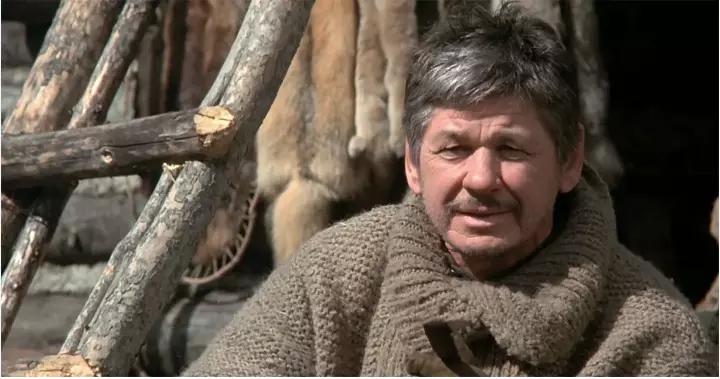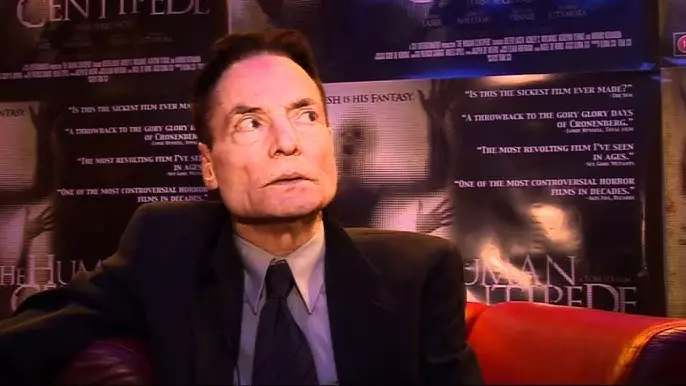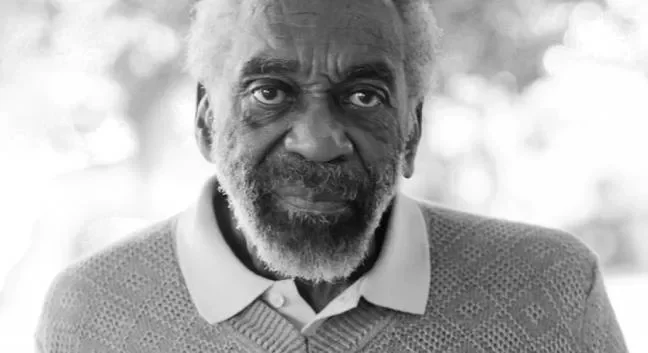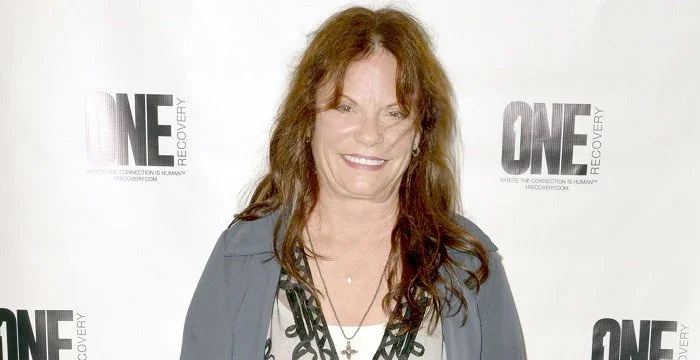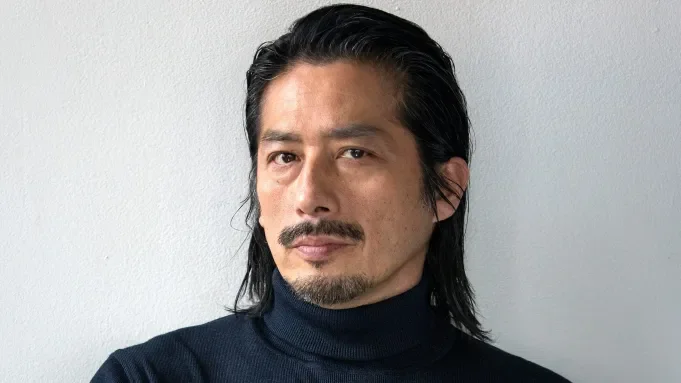Charles Bronson: The Granite-Faced Action Hero
Charles Bronson was an American actor who carved a unique niche for himself in the world of cinema. Known for his rugged looks, stoic demeanor, and tough-guy persona, he became synonymous with action and vigilante roles, particularly in the 1970s. His career spanned decades, and his films, often characterized by violence and Bronson’s distinctive presence, garnered both critical acclaim and commercial success.
Early Life and Career
Born Charles Dennis Buchinsky on November 3, 1921, in Ehrenfeld, Pennsylvania, Bronson experienced a challenging childhood marked by poverty. He was one of 15 children in a Lithuanian-American family and began working in the coal mines at a young age. During World War II, he served in the United States Army Air Forces as an aerial gunner. After the war, Bronson pursued acting, initially taking on odd jobs while studying at the Pasadena Playhouse in California. He gradually gained recognition with supporting roles in films like The Magnificent Seven (1960) and The Great Escape (1963).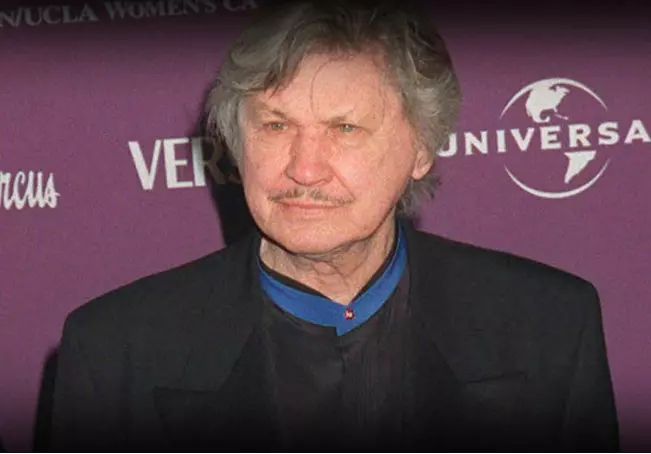
Rise to Fame
Bronson’s career trajectory took a significant turn in the late 1960s and 1970s. He starred in several European-produced films, notably Once Upon a Time in the West (1968) by Sergio Leone, which solidified his international fame. Upon returning to Hollywood, he embraced action roles in films like The Mechanic (1972) and Death Wish (1974). Death Wish, in which he played a vigilante seeking revenge for the murder of his wife and daughter, became a cultural phenomenon and cemented his image as a tough-guy anti-hero.
Career Highlights
| Year | Film | Role | Notes |
| 1960 | The Magnificent Seven | Bernardo O’Reilly | Supporting role in a classic Western |
| 1963 | The Great Escape | Danny Velinski “The Tunnel King” | Part of a star-studded ensemble cast |
| 1968 | Once Upon a Time in the West | Harmonica | A defining role in the Spaghetti Western genre |
| 1972 | The Mechanic | Arthur Bishop | Showcase of Bronson’s action skills |
| 1974 | Death Wish | Paul Kersey | Career-defining role as a vigilante |
| 1975 | Breakout | Nick Colton | Action thriller set in Mexico |
| 1977 | St. Ives | Raymond St. Ives | Demonstrated Bronson’s range in a neo-noir thriller |
| 1982 | Death Wish II | Paul Kersey | Sequel to the successful vigilante film |
Earnings and Wealth
Highest-Paid Actor
At the peak of his career, Charles Bronson commanded substantial salaries, making him one of the highest-paid actors in the world. His earnings reflected his box-office appeal and the demand for his unique brand of action films.
Film Rental Cuts
Bronson’s wealth was not solely derived from upfront salaries. He also negotiated lucrative deals that included a percentage of film rentals, further boosting his income from successful projects.
Real Estate and Assets
Beyond his film earnings, Bronson invested in real estate and other assets. He owned properties in California and Vermont, contributing to his overall net worth.
Personal Life
Marriages and Children
Bronson was married three times. His first marriage was to Harriet Tendler, whom he met while they were both aspiring actors. They had two children before divorcing in 1965. In 1968, he married actress Jill Ireland, whom he met on the set of The Great Escape. They had one child together and adopted another. Ireland appeared alongside Bronson in several films and remained married to him until her death in 1990. Bronson’s final marriage was to Kim Weeks in 1998, which lasted until his death.
Philanthropy
While Bronson maintained a private persona, he engaged in philanthropic activities. He supported various charities and causes, often discreetly, reflecting a desire to give back despite his tough-guy image.
Death and Estate
Final Years
Bronson’s later years were marked by declining health. He suffered from Alzheimer’s disease and retired from acting in 1998. He passed away on August 30, 2003, at the age of 81.
Estate Value
At the time of his death, Charles Bronson’s net worth was estimated to be around $45 million. His estate included his properties, film residuals, and other assets accumulated throughout his successful career.
Conclusion
Charles Bronson’s journey from poverty-stricken youth to international film icon is a testament to his talent, resilience, and the unique appeal he brought to the screen. His films continue to be enjoyed by audiences, and his legacy as a prominent figure in action cinema remains secure.
